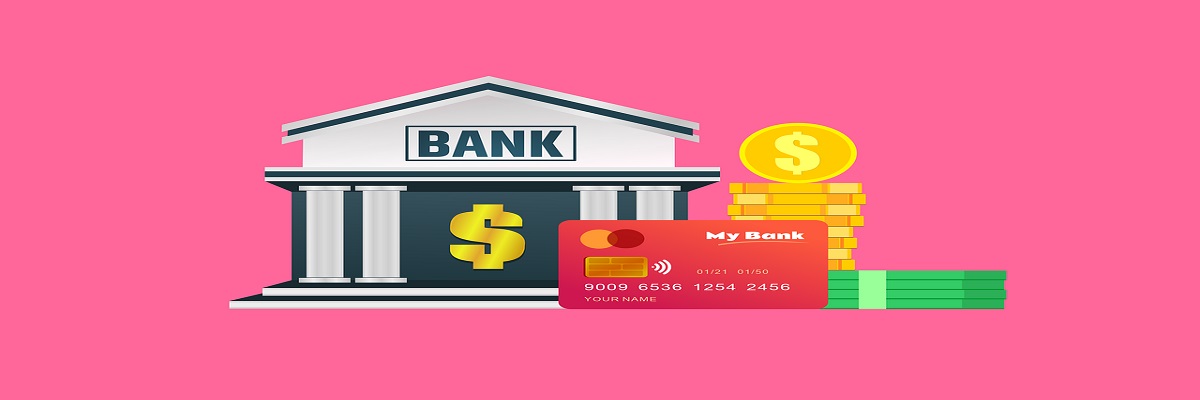Call: 888-297-6203
- History of Bankruptcy 101 – The initial bankruptcy law was initiated around the 1800s. multiple attempts were made to create and form a bankruptcy law that could encompass a uniform as well as a federal rule. However, after the Nelson Act, a basic platform for the bankruptcy code was set as commonly known and recognized today. This code has helped create multiple ways to help you get rid of bankruptcy.
- The Six Types of Bankruptcy – There are commonly 6 chapters that are recognized in Bankruptcy, where each has its specific purpose.
- Chapter 7
- Chapter 13
- Chapter 11
- Chapter 9
- Chapter 12
- Chapter 15
The most common chapter used under bankruptcy for individual filers includes chapters 7 and 13, while for business it is Chapter 7 and 11. However, the type of bankruptcy that you can file under mostly depends upon your assets, your earning capacity along with other factors which only an attorney can guide you best. For bookings and consultations, you can get in touch with Recovery Law house by login into their website – https://recoverylawgroup.com/bankruptcy/
- Common Bankruptcy Concerns – Though bankruptcy is one of the most convenient and viable tools to help you get rid of all your debt-related problems, filers are still unsure and in doubt regarding many issues.
- Filing for bankruptcy can reduce your credit score considerably
- The filing cost is approximately $500
- You may face wage garnishment (deduction of salary from paycheck)
- Certain debts like domestic support obligations like child support and alimony will not be discharged
- Creditors have the right to file disputes against your bankruptcy claims
- Unless otherwise proved (undue hardship), student loans are non-dischargeable
- Incorrect or wrong filing can put you at risk of rejection or fraud charges for concealing data if any
An experienced attorney can best guide you through all the above problems smoothly.
- Pros of filing for bankruptcy – Apart from the risk associated such as bad credit score or rejection, there are multiple benefits that you will get once you file for bankruptcy.
- Bankruptcy exemption – car, home
- Repayment plan to catch up on your arrears
- Protection from lawsuits
- Automatic stay during Bankruptcy
- Unsecured debts are discharged in most cases
- Improved credit score
- Bankruptcy 101 process – Before filing for bankruptcy it is essential that you consider alternate modes like debt relief options. Since filing for bankruptcy is a long process, somewhere between 2-6 months along with a lot of court appointments as well as paperwork.
- Wiping off debts – when you file for bankruptcy, you can relief from a few debts like unsecured debts which include your credit card bills, medical bills, and personal loans. However, debts like domestic support obligations like alimony, child support, and student loan are non-dischargeable.
- Protecting your property – you can protect most of your property by filing for bankruptcy under chapter 13. This way, you can catch up on your arrears and not lose any property unlike chapter 7, where the trustee may sell your property to repay creditors.
If you face any problem while filing for bankruptcy, you can consult an experienced attorney to guide you through the process.

